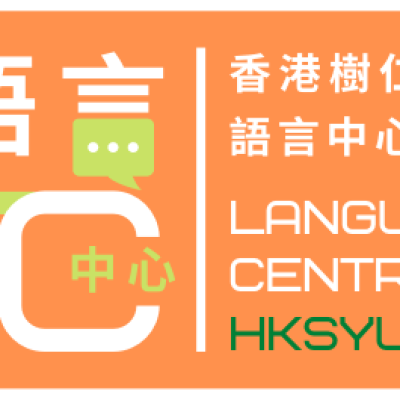Presentation
Generative Artificial Intelligence Tools in University English Language Education: A Systematic Review
Generative artificial intelligence (GenAI) tools have become increasingly integrated into language classrooms to enhance teaching and learning. Despite burgeoning research into the pedagogical applications of GenAI, the synthesis of evidence regarding their use in English language education remains limited. This paper aims to fill this gap by presenting a systematic review of GenAI use in university English language education in terms of the types of GenAI tools used, the ways they are used, and their impacts on teachers and students. Twenty research articles sourced from Scopus were analyzed. Findings reveal that the various GenAI tools used in English language classrooms offer significant potential for facilitating personalized learning, enhancing student engagement, and providing efficient feedback mechanisms. Findings also highlight challenges that need to be addressed, such as maintaining academic integrity and providing professional development for effectively integrating GenAI into teaching and learning. Pedagogical implications and directions for future research will be discussed.
-

Dr. Grace Ming-ming Leung is a Senior Lecturer in the Department of English Language and Literature and Director of the Language Centre (English Section) at Hong Kong Shue Yan University. Her research interests include sociolinguistics, phonetics/phonology, and Hong Kong English. She currently serves at the coordinator of the Language Centre's AI-based Language Laboratory (ALL) Project funded by the Quality Enhancement and Support Scheme (QESS) established by the Education Bureau of Hong Kong.
-

Sheung Ping Wong is the Project Assistant for the QESS ALL project of the Language Centre at Hong Kong Shue Yan University. He holds a Master of Arts in Chinese Linguistics from The Hong Kong Polytechnic University. His research interests include syntactic theory, Chinese syntax, and Cantonese linguistics.
-

Thomas Chan is Assistant Professor of English at Hong Kong Shue Yan University. His research interests include genre analysis, academic writing, English for academic purposes, and corpus linguistics